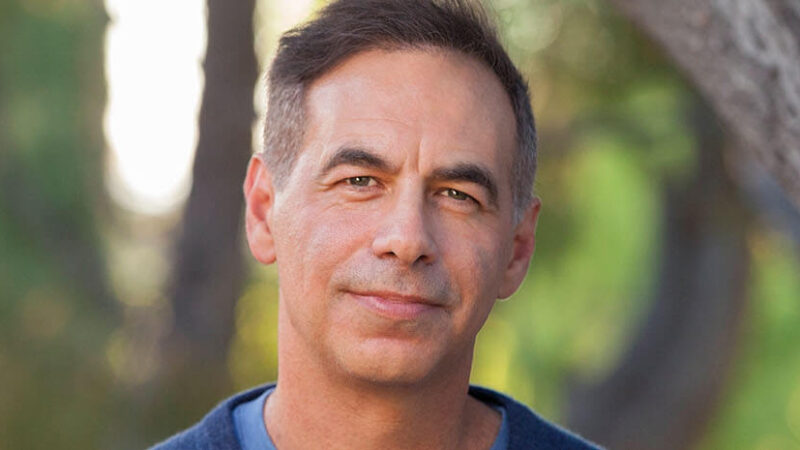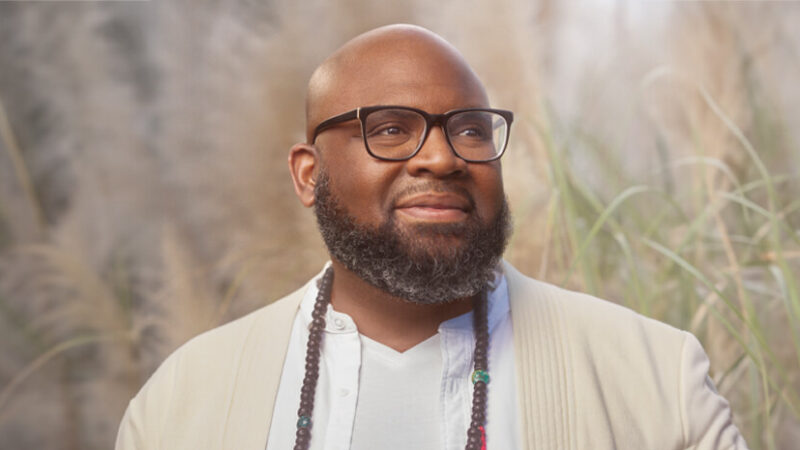Activating the Energy of the Goddesses in Your Life
Ekabhumi Charles Ellik is an artist, poet, and teacher of classical Hatha yoga. With Sounds True, he has created The Shakti Coloring Book—which is not only a beautifully illustrated coloring book for adults, but also a comprehensive guide to dozens of goddesses and their associated yantras. In this episode of Insights at the Edge, Tami Simon and Ekabhumi speak on how he understands various goddesses and their energetic presence in the world. They also talk about the relationship between the goddesses and yoga—particularly those goddesses that inspired specific yogic postures. Finally, Tami and Ekabhumi discuss the concept of “deity practice” and how inviting specific goddesses into our lives can align us with the great virtues they embody. (68 minutes)




